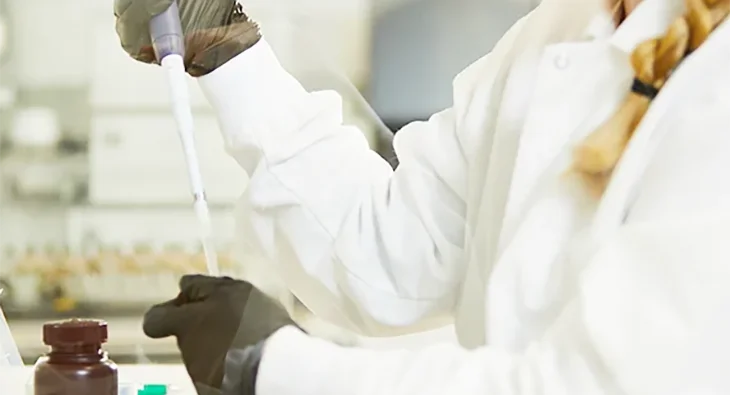METHODS Special Issue: New Assays to Characterize Vaccination and Infection History
Single-plex targets developed will become components for future multiplex assays
Scientists in the Waterboer lab at the German Cancer Institute have developed the building blocks for a multiplex assay that will make it possible to quickly interrogate a person’s history of infection and vaccination. In a paper from Methods, the team reports developing individual assays for antibodies to several pathogens, noting that these assays could easily be combined into a multiplex assay in the future. These types of assays “are useful and versatile instruments” that can be utilized for “clinical diagnosis, personal risk evaluation, and seroepidemiological studies,” the scientists write.
While the team makes it clear that the ultimate goal is to develop multiplex serology assays that cover antibodies for many pathogens to economize time, cost, and sample volume, they first had to expand the number of available single-pathogen targets using a bead-based system. To accomplish this, they used xMAP® Technology from Luminex.
“We developed and validated bead-based pathogen-specific Monoplex Serology assays … to detect antibodies against Corynebacterium diphtheriae and Clostridium tetani toxins, rubella virus, and parvovirus B19,” they report, noting that each assay features a single antigen to improve the efficiency of future multiplexing. These assays “can be efficiently incorporated into larger multiplex serology panels,” the scientists add.
Validation was performed using commercially available reference assays. Specificity, sensitivity, and other metrics were found to be acceptable for routine clinical use. This work provides a critical foundation for future multiplex development, and will streamline the characterization of vaccination and infection history for any individual.
Resources
- Advances in Bead-Based Biomarker Detection [Methods xMAP Issue]
- Five Things We Learned from an xMAP® Power User [Blog]
- Getting Started with xMAP® Technology [Video]
- xMAP® Cookbook to Design Your Own Assays [Download]
- Browse 1,200+ Partner Kits with xMAP® Kit Finder [Online Tool]


